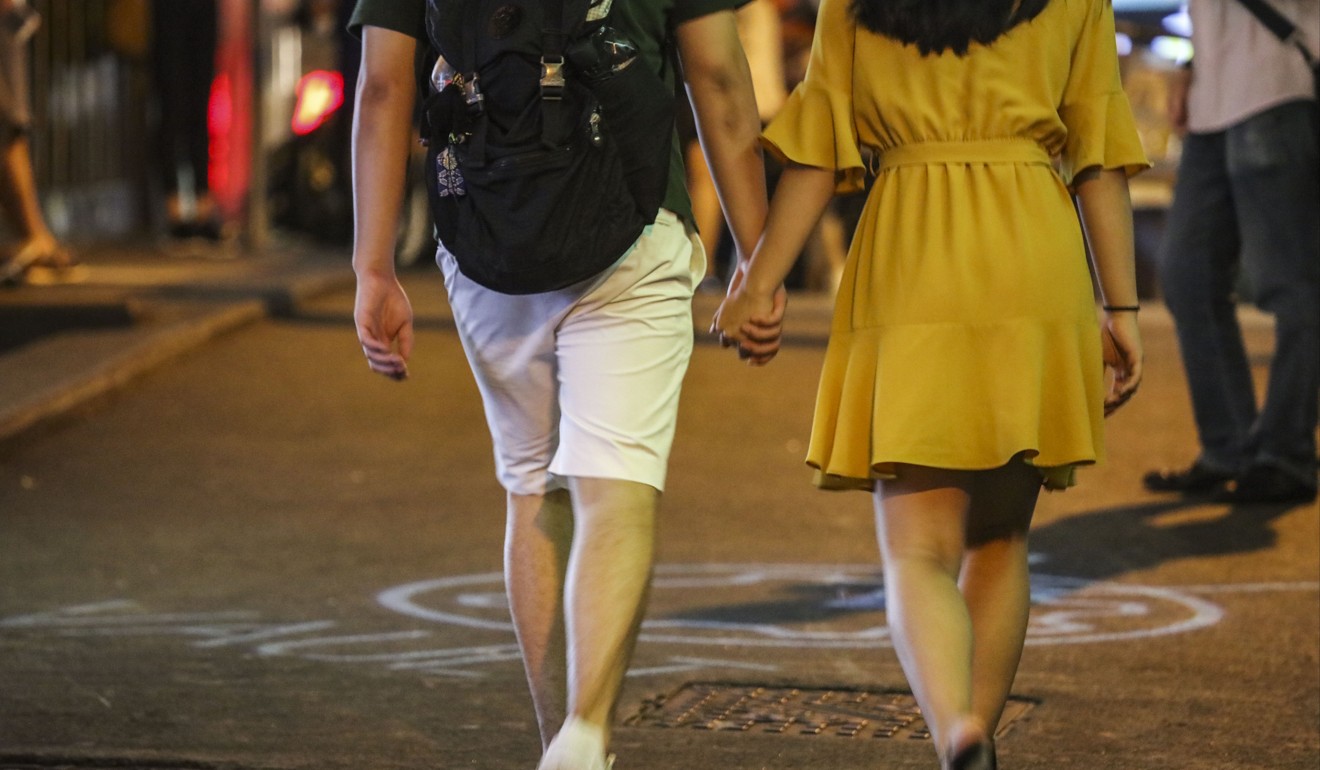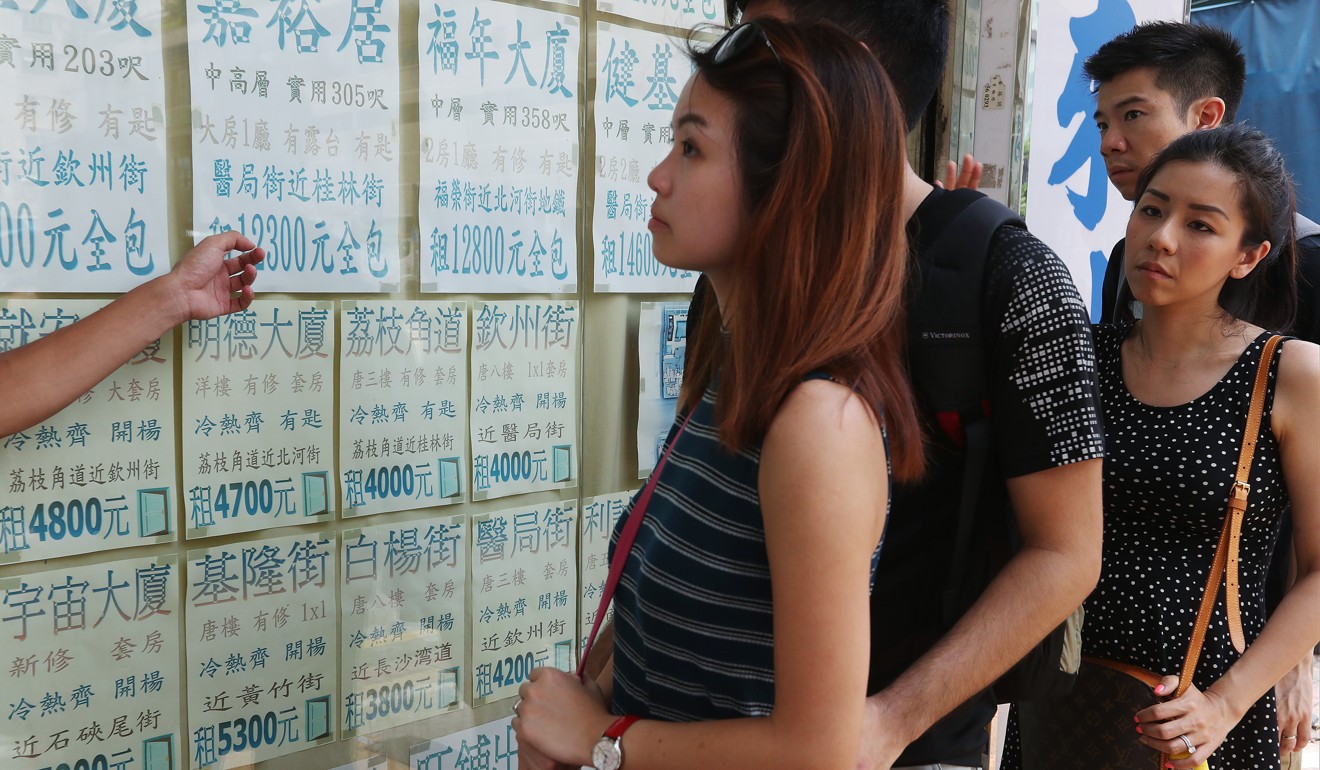
Why Hong Kong’s young people don’t want children
Cost of raising kids, responsibility of parenting and price of housing has put two in 10 off having a family, survey finds
Almost two in 10 Hongkongers between the ages of 20 and 39 do not want to have children at all, a survey by a local youth think tank has found, saying the cost of raising them, the responsibility of parenting and housing unaffordability has led to their decision.
Youth IDEAS, part of the largest youth non-profit group the Hong Kong Federation of Youth Groups, interviewed 520 Hongkongers – a mix of single and married people – last month.
About a quarter of respondents reckoned the monthly cost of raising a child aged three or younger was between HK$5,001 (US$641) and HK$6,000.

In case interviews with 20 others who had not taken part in the survey, one said parents would also have to factor in the costs of extracurricular activities and tuition as the children got older.
Think tank researcher Beji Ho San-moon said the finding could be a problem for the city.
“A low birth rate will bring a heavy burden to Hong Kong,” Ho said.
“There would be a reduction in the labour force and an increase in the elderly dependency ratio.”
Most young Hongkongers want property … and mum and dad to pay for it
Hong Kong’s total fertility rate of 1.2 was the world’s third lowest in 2016, according to World Bank data on 247 places, just behind South Korea and Singapore.
Andy Law, 38, said he and his wife of seven years had decided to not have children, because there were “poor prospects” for them.

The IT sector worker said: “I don’t want my children to face such a large amount of pressure when growing up.
“I also feel the rich and high-ranking officials are the ones who call all the shots in Hong Kong. Young people do not have many choices for their future.”
In May this year, the non-profit Hong Kong Women Development Association conducted for the fifth year, a survey on people’s attitudes towards having children. Its phone poll of 813 residents aged between 20 and 49 found a record high 53 per cent said they did not intend to have children.
Electoral roll shows city’s registered voters not getting any younger
The government’s Family Council, in its most recent survey in 2015, found that 22 per cent of respondents aged 15 to 54 in the poll of 2,000 people said they were not at all likely to have children, the highest in the biennial survey conducted since 2011.
More than 70 per cent of respondents in the Youth IDEAS poll said two would be the ideal number of children to have. But only 50 per cent of respondents would actually plan to have two children.
Tingie Chan, 29, said she hoped to have two children though housing and education issues weighed heavily on her mind.
“I won’t say I am deterred from having kids because of these factors,” Chan, a civil servant, said. “There are barriers but that doesn’t mean one would quit.
“Having kids completes my family. Also, as a female, it’s one of my missions.”
Hongkongers are fifth most stressed people in the world, study says
Carly Liu Ka-yu, a member of Youth IDEAS, said the government could follow the Singapore government’s example to help couples worried about the cost of child-rearing. There, women get 16 weeks of paid maternity leave, while married couples get a one-time cash gift, six days of paid childcare leave for each parent annually until the child reaches the age of seven, and tax reliefs, among other things.
Hong Kong has 10 weeks of paid maternity leave and lawmakers are discussing a proposal to extend paternity leave from three days to five days.
“If employers do not provide childcare leave or other flexible working arrangements, it would be difficult for mothers to return to the workforce too,” Liu said.
The Labour and Welfare Bureau said a report reviewing the long-term development of the city’s childcare services was expected to be completed within the next one month or two. The government was also reviewing the policy on statutory maternity leave.

